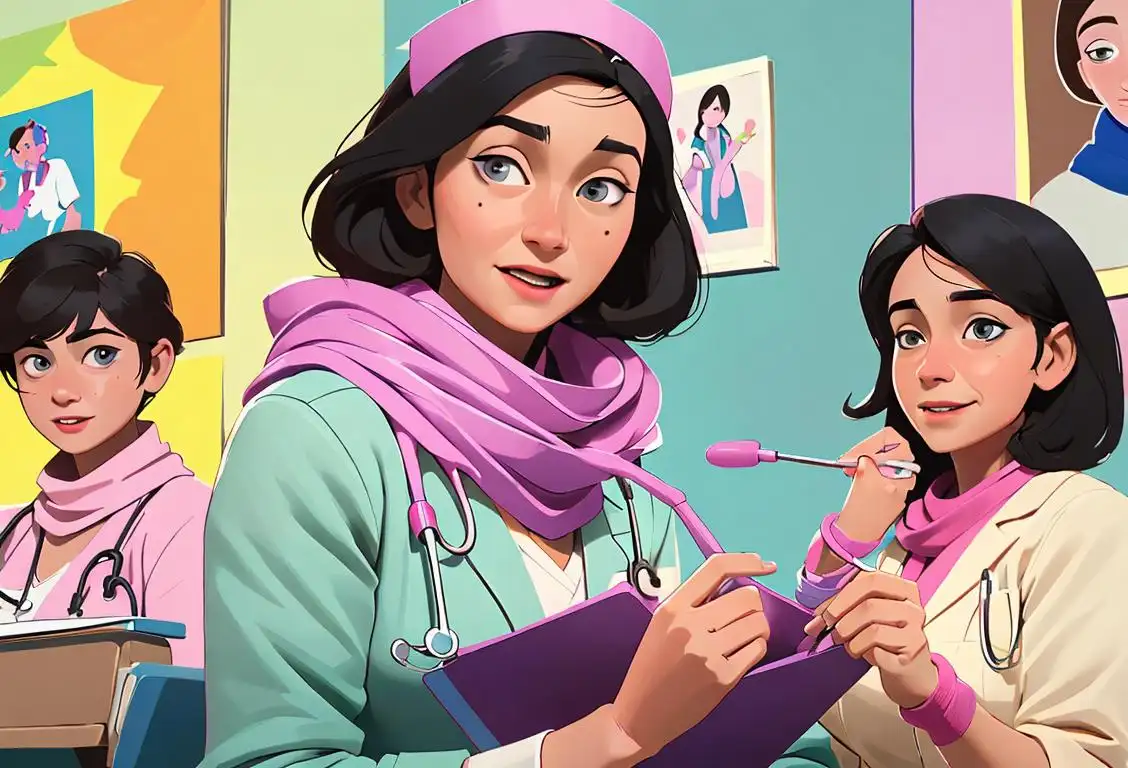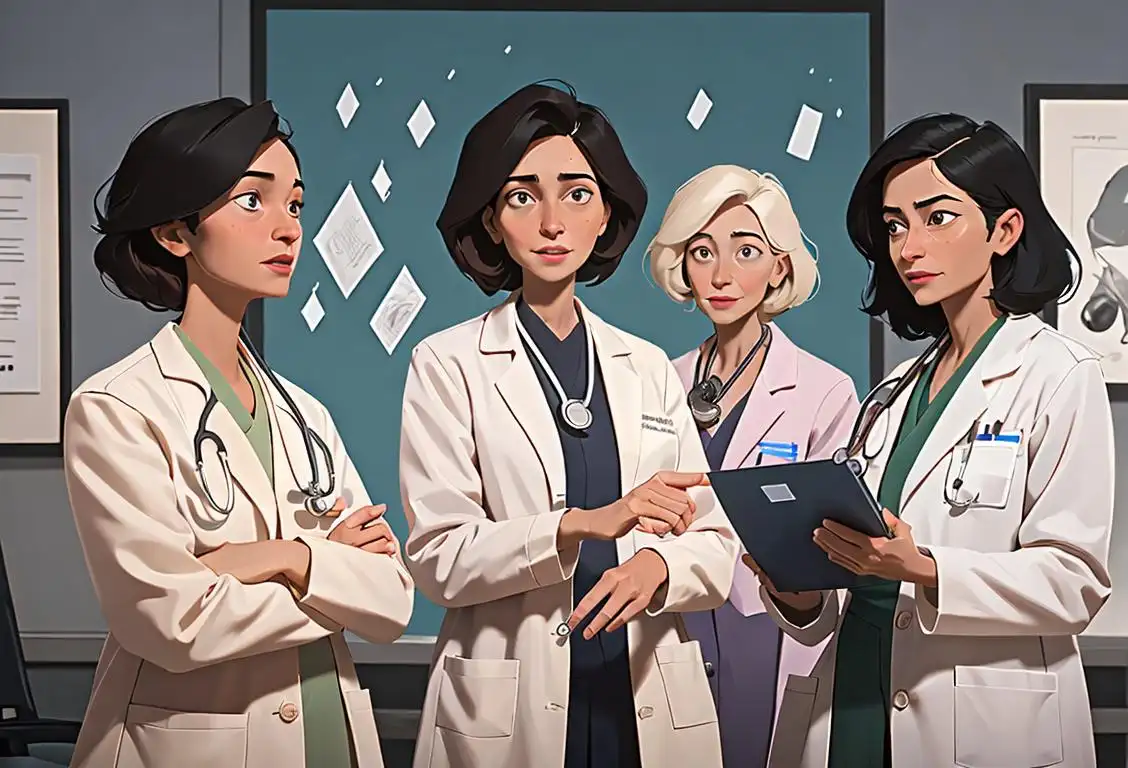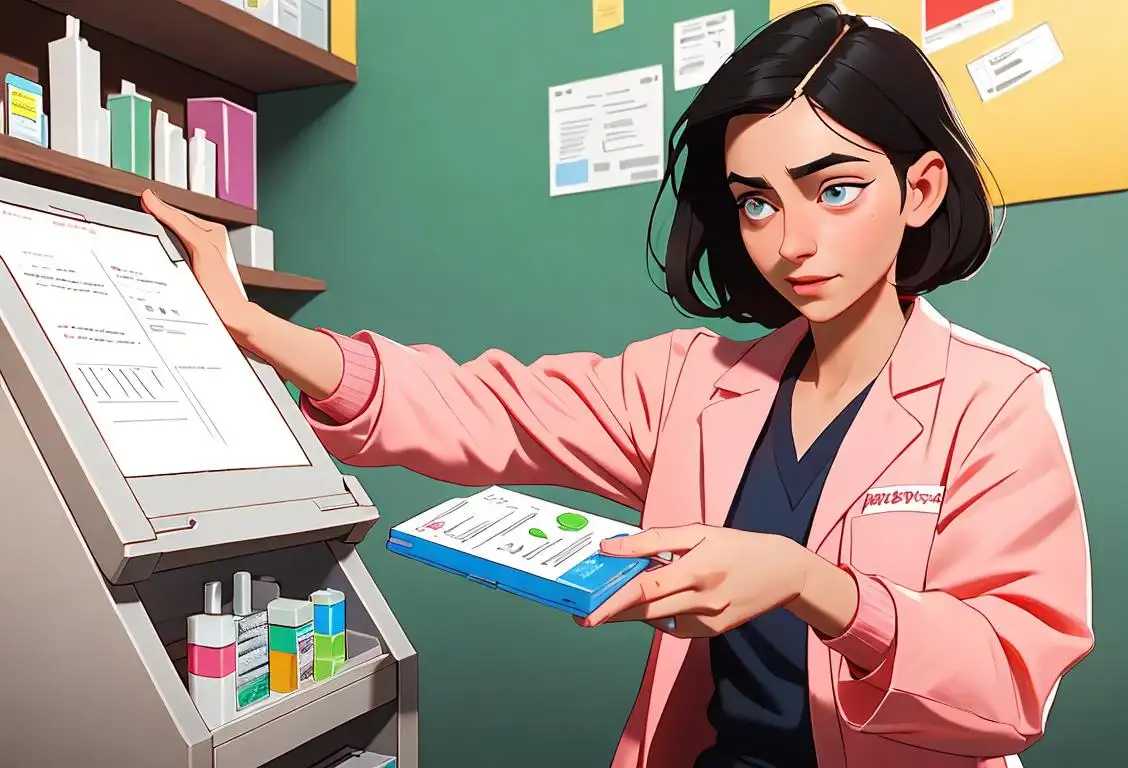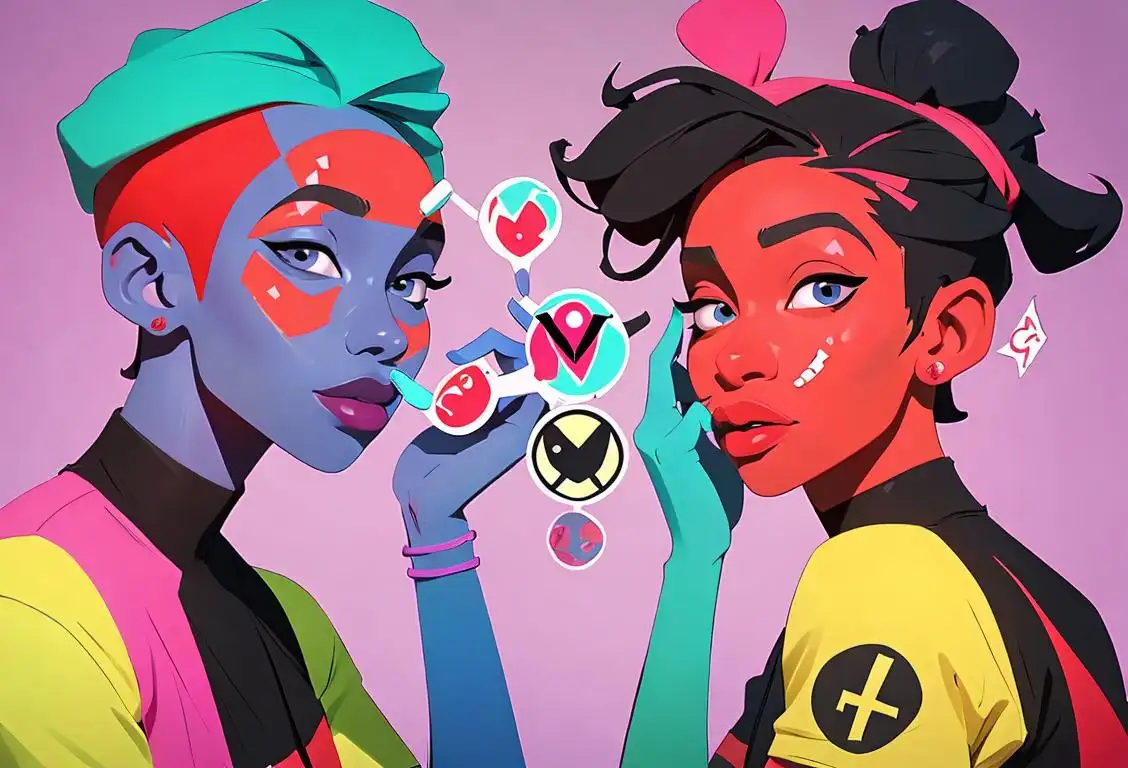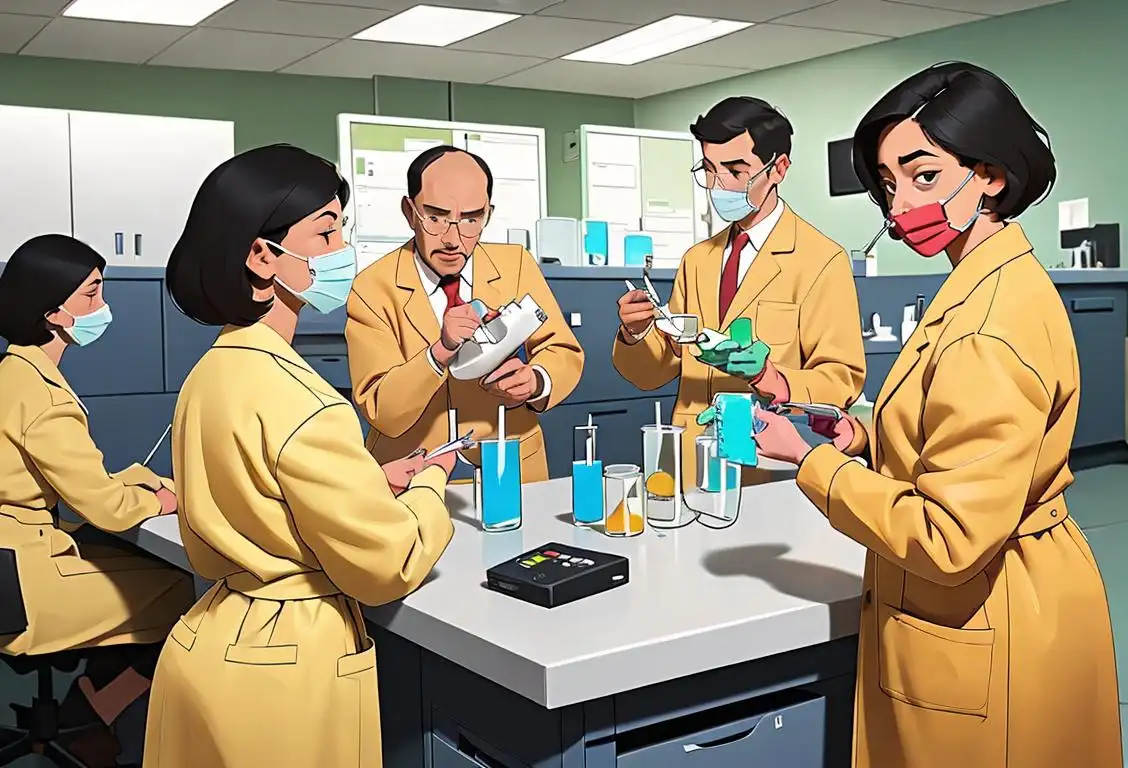National Women And Girls Hiv Awareness Day

Welcome to the fascinating world of National Women and Girls HIV Awareness Day! Get ready to dive into the internet history of this important day, as we uncover interesting stories and provide you with all the juicy details you never knew you needed. So grab a cup of tea, sit back, and let's get started!
When is Women And Girls Hiv Awareness Day?
It's national women and girls hiv awareness day on the 10th March.
The Internet Buzz on National Women and Girls HIV Awareness Day
On 10th March 2015, the internet exploded with 93 mentions of National Women and Girls HIV Awareness Day. It was a day when people from all walks of life came together to raise awareness about the impact of HIV on women and girls. The online discussions ranged from personal stories to informative articles, spreading knowledge and breaking down stigmas. It truly was a memorable day in the digital sphere!
The History of National Women and Girls HIV Awareness Day
In order to fully appreciate the significance of National Women and Girls HIV Awareness Day, we need to take a trip back in time. The day was first observed in 2006 as a way to mobilize and educate communities about HIV prevention, testing, and treatment for women and girls. Since then, it has become an annual event that brings attention to the specific challenges faced by women and girls in the fight against HIV.
Organizations and individuals from all over the country join forces to raise awareness and promote action on this day. From hosting educational events and distributing resources to organizing testing drives and engaging in advocacy, the efforts to combat HIV among women and girls are nothing short of inspiring.
Did You Know?
Did you know that National Women and Girls HIV Awareness Day reminds us that knowledge is power when it comes to preventing and managing HIV? By spreading awareness, we empower women and girls to take control of their sexual health and make informed decisions. So let's keep the conversation going!
History behind the term 'Women And Girls Hiv Awareness'
1981
Emergence of HIV/AIDS
In 1981, the Centers for Disease Control and Prevention (CDC) reported the first cases of a rare form of pneumonia called Pneumocystis carinii pneumonia (PCP) in five young gay men in Los Angeles. This marked the beginning of the HIV/AIDS epidemic, which would go on to have a devastating impact on communities worldwide.
1983
Identification of HIV
In 1983, scientists at the Pasteur Institute in France, led by Dr. Luc Montagnier, discovered a new retrovirus that was later named Human Immunodeficiency Virus (HIV). This groundbreaking discovery provided crucial insights into the causes and mechanisms of AIDS and set the stage for further research and understanding.
1994
First National Women and Girls HIV/AIDS Awareness Day
In 1994, the U.S. Department of Health and Human Services designated March 10th as the first National Women and Girls HIV/AIDS Awareness Day (NWGHAAD). This annual observance aimed to raise awareness about the impact of HIV/AIDS on women and girls and promote prevention, testing, and treatment options tailored to their specific needs.
2002
UNAIDS Priority Areas: Women and Girls
In 2002, the Joint United Nations Programme on HIV/AIDS (UNAIDS) emphasized the urgent need to address the specific challenges faced by women and girls in the context of HIV/AIDS. This recognition led to increased efforts to promote gender equality, access to healthcare, and protective measures to prevent new infections among women and girls.
2010
National HIV/AIDS Strategy: Focus on Women
In 2010, the U.S. government released the National HIV/AIDS Strategy, which included a specific focus on reducing HIV-related health disparities among women, particularly women of color. This strategic plan aimed to improve prevention education, increase access to healthcare services, and eliminate stigma and discrimination.
2016
Global Goal: Ending AIDS by 2030
In 2016, the United Nations adopted the Sustainable Development Goals, which included a global commitment to end the AIDS epidemic by 2030. This ambitious goal reaffirmed the importance of addressing the needs and rights of women and girls affected by HIV/AIDS, including access to comprehensive prevention, treatment, care, and support services.
Did you know?
Did you know that National Women and Girls HIV Awareness Day reminds us that knowledge is power when it comes to preventing and managing HIV? By spreading awareness, we empower women and girls to take control of their sexual health and make informed decisions. So let's keep the conversation going!Tagged
awareness health women girlsFirst identified
10th March 2015Most mentioned on
10th March 2015Total mentions
93Other days
Women And Girls Hiv Awareness Day
Go Red Day
School Nurse Day
Women Physicians Day
Fitness Day
Prescription Drug Take Back Day
Hiv Testing Day
Doctors Day
No Bra Day
Drug Test Day

